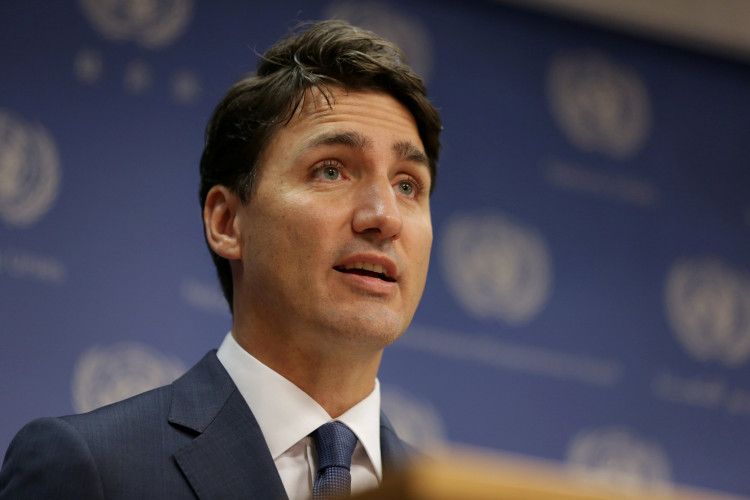Two days into the Sept. 30 deadline and yet Canada is not willing to succumb to pressures coming from the United States for it to sign the new text of the North American Free Trade Agreement that Washington initially revised with Mexico. This revised NAFTA legislation text is set to be published by Sept. 28.
Numerous sources hinted that Canada is reluctant to cram into signing the rushed deal because it is aware that any revised NAFTA legislation would need to be approved by the U.S. Congress which according to other sources will refuse to give its approval unless the agreement remains to be a trilateral deal.
Unnamed sources who spoke with Reuters said Canada has only one way to address the issue and that is to have the United States renegotiate and compromise with Ottawa's terms. Another source revealed that Canadian negotiators are in no rush to have a meeting with the United States before the Sept. 30 deadline.
Insiders from the U.S. government said the revised text to be published on Friday has already excluded Canada but that U.S. Trade Representative Robert Lighthizer said Ottawa could sign on later - an arrangement with which Rep Brian Higgins, whose district borders Canada, described as "unacceptable" and an "abject failure."
Indeed, an unnamed source from the Canadian government said there is a big probability that the U.S. Congress shy away from approving the revised NAFTA legislation if it would only be between Washington and Mexico. The latest that Congress could consider signing a bilateral deal would be in February or March of 2019.
Timothy Adams, a former undersecretary for international affairs at the Treasury Department during W. Bush administration, told CNBC he thinks Congress will not pass a NAFTA deal that will only involve the United States and Mexico. The rationale behind this is the fact that Canada remains to be the number 1 trading partner for as much as 36 states in the United States.
On the other hand, in any case, that the Trump administration imposed tariffs on cars imported from Canada and proceed with a new deal without Ottawa, Canada's triple-A rating in terms of meeting the country's financial obligations will be upheld.
William Foster, vice president at Moody's Investor Service, told Bloomberg a NAFTA deal without Canada will not create much of an impact on Ottawa. While there is fear that Canada may lose an estimated $500 billion in cross-border trade, any impact on its GDP and deficits will remain at manageable levels.






